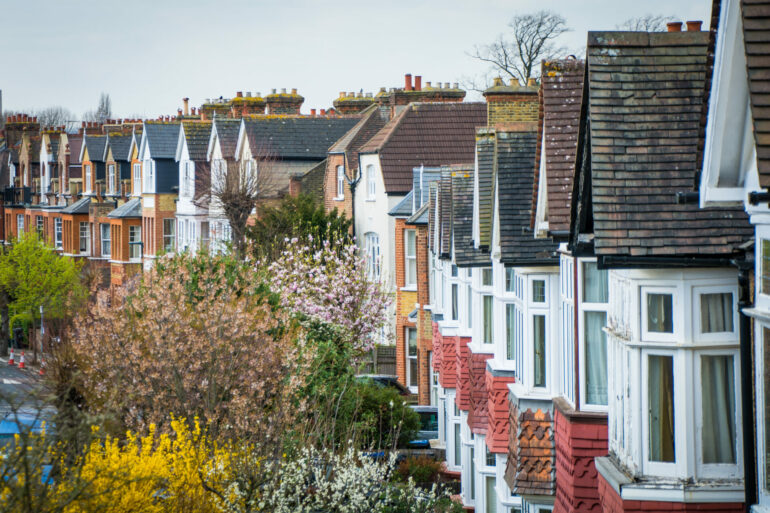Consumer confidence in the UK housing market has declined again, with just 17% of people now believing it is a good time to buy a home, down from 20% in January 2025, according to the latest Property Tracker survey by the Building Societies Association (BSA).
Over twice as many respondents (38%) disagreed with the statement, indicating a continued negative outlook despite recent reductions in mortgage rates.
Affordability remains the single biggest challenge for would-be homeowners. Among survey respondents, 61% cited the affordability of monthly mortgage payments as the primary barrier to purchasing a home. This figure rises to 65% among first-time buyers. Raising a deposit also continues to be a significant issue, highlighted by 59% of all respondents and 62% of first-time buyers.
A lack of access to sufficiently large mortgages was identified by 42% of first-time buyers as a key hurdle. Stamp duty has also emerged as a growing concern, with 30% of respondents citing it as a barrier — up from 22% in January — following the end of the temporary increase to thresholds on 31st March 2025.
Job security is becoming an increasingly prominent issue as well. In September 2024, 21% of respondents cited this as a concern; that figure has now risen to 26%.
Despite affordability challenges, nearly half (46%) of those surveyed still expect house prices to rise over the next year. Only 13% predict a fall in prices, even as house price inflation remains stable at an annual rate of around 4%.
Paul Broadhead, head of mortgage and housing policy at the BSA, said: “The biggest concern from the latest Property Tracker results is the clarity it provides on the affordability issues faced by first-time buyers. Many feel that the dream of homeownership is clearly nothing more than that, a dream, particularly those not fortunate enough to have family who can provide financial support.”
He added that the recent increase in stamp duty costs has made homeownership even more difficult: “For first-time buyers the extra stamp duty tax which they now need to pay is substantial and increases the already significant burden of raising the upfront costs required to buy a home.”
Broadhead emphasised the need for policy and regulatory action to address the growing barriers facing new buyers. “A thriving housing market needs first-time buyers to be able to get on the property ladder. But the prospects for many of today’s would-be first-time buyers looks increasingly challenging,” he said.
“A further Bank Rate cut when the MPC meets in a couple of weeks should help to improve sentiment in the housing market, but to have a meaningful impact radical changes are required.”
He concluded: “A starting point must be improving the balance between housing supply and demand. The government has set an ambitious target for building more homes, with some bold statements on planning processes. But we now need action not words – more homes which are more affordable and more appropriate to the needs of those living in them.
“Alongside this regulation must be adapted to enable lenders to address the barriers facing first-time buyers. This is under-review, but we need bold and quick action if we are to avoid a growing generation of lifetime renters.”



